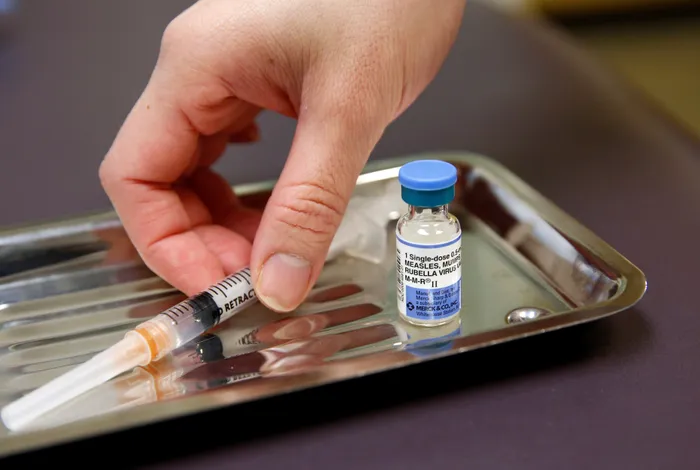Western Cape health department raises alarm on declining infant immunisation rates

The Western Cape Department of Health and Wellness has raised concern over a decline in infant immunisation coverage, warning that the drop could expose hundreds of children to preventable diseases.
Image: File: Independent Newspapers
The Western Cape Department of Health and Wellness has raised concern over a decline in infant immunisation coverage, warning that the drop could expose hundreds of children to preventable diseases.
Provincial data for 2024/25 shows that vaccination coverage for children under one year has fallen to 67.4%, below the target of 95%, according to Abulele Dyasi, the department spokesperson.
The Khayelitsha and eastern substructure—which includes Khayelitsha, Eerste River, Macassar, Helderberg, and Strand—has also recorded a notable decline in the number of children receiving scheduled vaccines, she said.
Ms Dyasi said that declining coverage leaves many infants vulnerable to serious diseases such as measles, polio, tuberculosis, diphtheria, whooping cough, and tetanus. It also weakens herd immunity, making outbreaks more likely and placing unvaccinated children at even greater risk.
“Vaccination is one of the most effective ways to safeguard your child’s health,” said Gideon Coetzee, clinical coordinator for the Khayelitsha and eastern substructure. “Together, we can keep our children healthy.”
The department further encouraged parents and caregivers to visit their nearest clinic, check their child’s Road-to-Health Booklet, and ensure that all scheduled vaccines are up to date. Those who have missed doses are encouraged to bring their children for catch-up vaccinations.
“Vaccination protects both individual children and entire communities,” the department said in a statement. “We call on parents, caregivers, and community leaders to support the department and become advocates for change to ensure a healthy and safe society.
For more information or assistance, parents can visit their local clinic or contact their nearest healthcare provider for support with child immunisations.